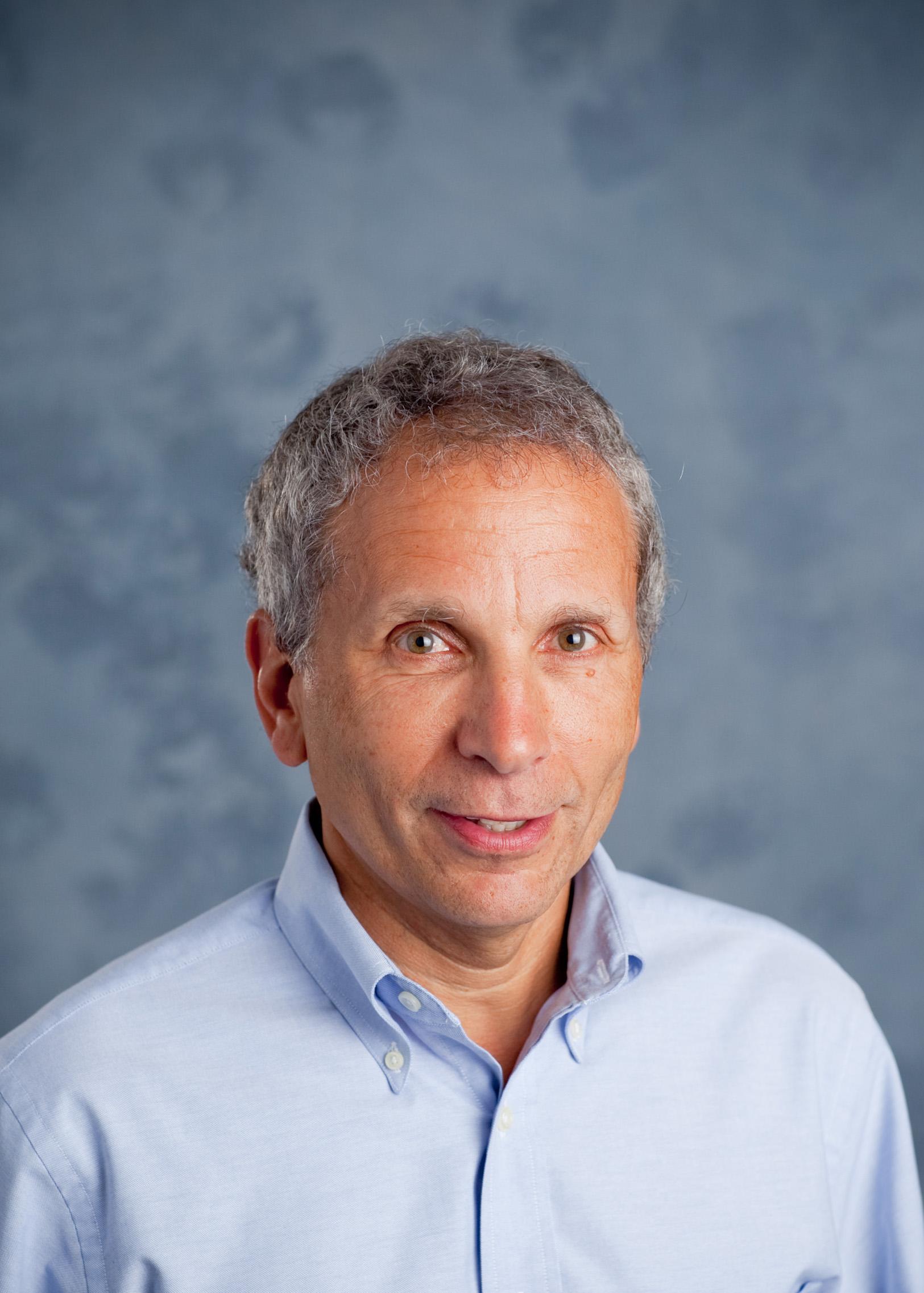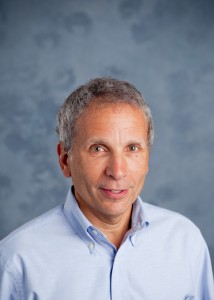
05 May To Your Health: Importance of Basic Family History & More
Editor’s Note: It all started with a Wellness Conference that took place in March at The Peaks Resort & Spa. The talks featured part-time Telluride local Dr. Alan Safdi, who offered evidence-based medical findings for healthy living in easily digestible sound bytes. The series was so popular, Dr. Safdi and Peaks’ General Manager, Dave Ciani, plan to continue talks this summer. In the meantime, in between times, Telluride Inside… and Out plans to offer nuggets from Dr. Safdi through a new bi-monthy column, To Your Health.
I am going to fall off the beaten path for this column.
The truth is we cannot buy health in a bottle – or with supplements.
I see too many people trying to sell supplements that are supposed to improve longevity with, at best, no effect at all on general health and often with deleterious consequences. Over the next several columns, we are going to talk about evidence-based medicine. The testimonials we read and hear all the time are generally very misleading, because they are backed by the profit motive, not science. Populations living the longest in the world do not spend their time and money searching out the newest medical “miracle” such as alkaline foods or a fruit from some obscure place on the globe. These groups have very strong family support systems, avoid alcohol or drink in moderation, exercise regularly, and have predominately plant-based diets. They eat whole grains and very few simple sugars. These happy, long-lived people also have empowered women and very strong family ties.
In future, we will talk about the research on different sugars and their risks and benefits. We will also delve into the amount of protein needed for general health and explain why a 65-year-old may need more protein than a 25-year-old.
It is important to understand why Americans are 35th in the world in terms of our longevity – and ways to address that sorry statistic.
A good start is establishing your basic family health history through a physical exam.
What I am about to say might sound like a giant “duh,” but I am restating the obvious for impact: Everyone needs to find a physician who is passionate about health and wellness and be suspect of any healthcare provider with something to sell. Your family history is often much more important than exam itself, yet studies show information gathered by primary-care doctors is often brief and incomplete, lacking important data such as the ethnicity and race of relatives, their current age or age at death, or the onset of disease. Mining a family health history through known relatives can help determine which, if any, available genetic tests might be prudent, as well as who should be screened for certain cancers, heart disease, diabetes, and other conditions that clearly run in bloodlines. For aging baby boomers, such histories are a critical tool for planning a healthy middle age and retirement. It also establishes a baseline to pass along to younger family members before it is too late to gather the data from elderly relatives.
Establishing the basic components of a good history:
• Keep a log book of your diet for a week or two and make sure you spend time reviewing it with your health care provider. Are you taking in too much simple sugar? Do you have enough protein or too much protein in your diet for your age? Are you getting enough fiber, both soluble and insoluble? About how many daily calories are you consuming?
• Keep track of your exercise patterns (resistance, yoga, Pilates, and aerobic)
• Try to develop a genetic family tree and bring that along too. Did a family member have breast cancer and what age? Did any family members have colon cancer, polyps, skin cancer, Alzheimer’s, pancreatic cancer, gastric cancer, coronary artery disease, strokes, brain cancers, uterine cancer, ovarian cancer?
• Is your weight stable or does it vary significantly
• How much sleep do you get a night and do you go to bed around the same time?
• What prescribed medications do you take (and always ask if they are still necessary)
• What over-the-counter medications do you take?
• What supplements are you taking? Ask about the risks versus benefits and any new research surrounding that supplement. Nutrition is an evolving field. For example, we used to think Vitamin A, Vitamin E, and selenium supplements were very healthy and now we are starting to identify significant risks.
• Are you getting adequate fiber in your diet?
• Always tell your doctor about any changes in mood, sleep patterns, balance or gait challenges, or memory.
• Do not fail to mention symptoms such as pain in your legs with exercise, shortness of breath with exercise or at rest, waking up frequently at night to urinate, new skin lesions, typical or atypical chest pain, changes in vision, changes in bowel movements, or blood in sputum, stool, or urine.
Basic components of a good physical exam:
• A comprehensive physical examination should include heart (rate and rhythm), including peripheral pulses and the carotids; lungs (is your breathing labored?) skin health; and gums (to determine if flossing is adequate)
• Pulmonary function testing (spirometry), if warranted
• Audiometry (hearing screening), if needed
• Visual acuity (vision screening)
Some lab work that may be warranted. ( And keep as reference guide):
• Comprehensive metabolic profile including:
– Liver enzymes
– Kidney function
– Blood glucose and HgB (hemoglobin) A1C if needed
– Electrolytes
– Muscle enzyme levels, if warranted
– Cardiac risk profile, if warranted
– Lipid profile
– Cholesterol
– Triglycerides
– Blood count
– Sedimentation rate (or I prefer a cardio specific CRP)
– Thyroid function profile (T3, T4f ree, Thyroid Stimulating Hormone (TSH)
• Urinalysis
• Iron level/Ferritin
• 25 Hydroxy Vitamin D level, which may need to be repeated yearly. (Too little may not be good, but also too much could be dangerous.)
• PSA for men over 40 and calculate PSA velocity (how quickly is it rising). If elevated, in-depth discussion of further work-up. (Remember more men still die of prostate cancer than of colon cancer.)
• Baseline EKG, if one has never been performed
• Hepatitis C Antibody for all people over the age of 45 (Baby Boomers)
• Advanced Cardiovascular Lipid Analysis. (Recommended for individuals at increased risk of cardiovascular disease):
– LDL Particle Size Distribution
– HDL Particle Size Distribution
– Apo B
Over time, we will explore these variable in much more intense detail.
Auestions or specific suggestions? Please email me at asafdi@ohiogi.com.
About Dr. Alan Safdi:
Dr. Alan Safdi is board certified in Internal Medicine and in Gastroenterology and is a Fellow of the American College of Gastroenterology. A proven leader in the healthcare arena, he has been featured on the national program, “Medical Crossfire” and authored or co-authored numerous medical articles and abstracts. Safdi has been involved in grant-based and clinical research for over 33 years and is passionate about disease prevention and wellness, not just fixing what has gone wrong. He is an international lecturer on the subjects of wellness, nutrition and gastroenterology.





Sorry, the comment form is closed at this time.